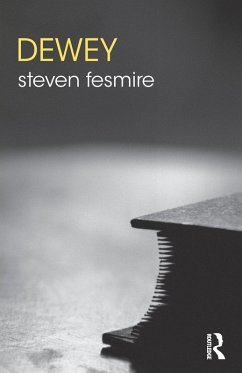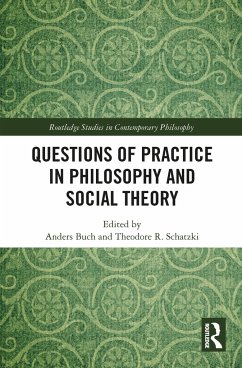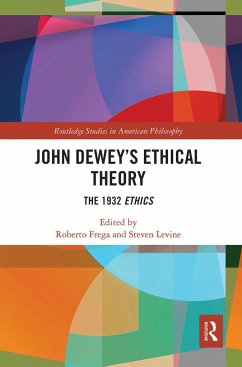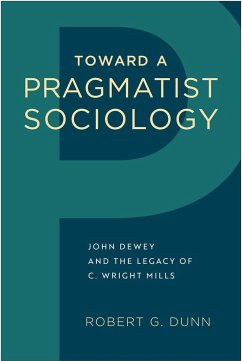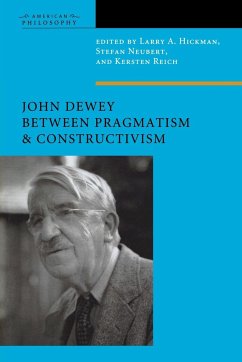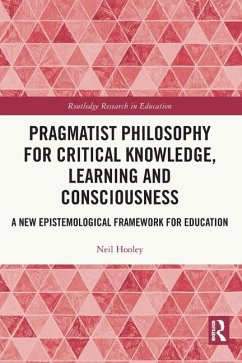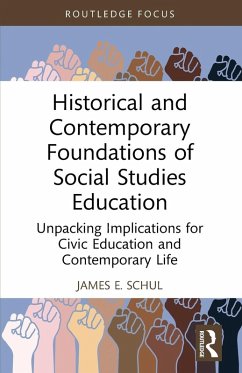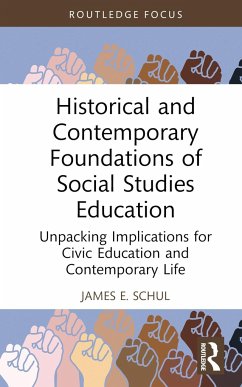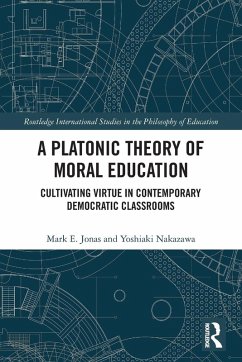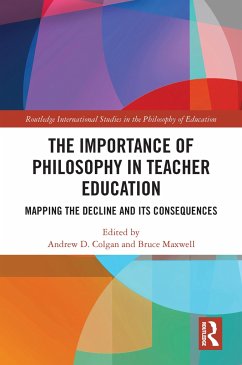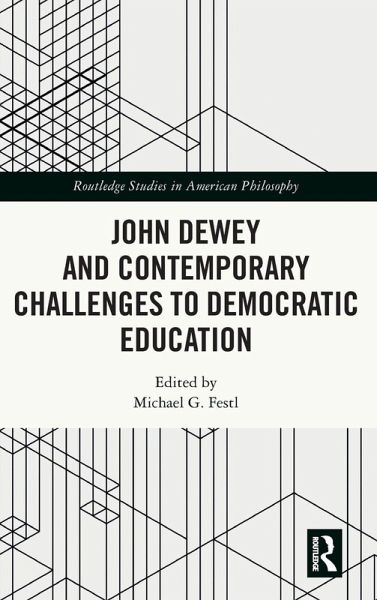
John Dewey and Contemporary Challenges to Democratic Education
Versandkostenfrei!
Versandfertig in 6-10 Tagen
144,99 €
inkl. MwSt.
Weitere Ausgaben:

PAYBACK Punkte
72 °P sammeln!
This book reconsiders pragmatist conceptions of democratic education, especially those of John Dewey. It addresses what democratic education can mean in the face of current threats that are undermining democracy.Since the mid-twentieth century, liberal philosophers have been skeptical of fostering values through public education. Since liberal democracy must embrace different worldviews, education, especially public education, must refrain from teaching values as much as possible. Given the recent undermining of democratic nation-states and their liberal foundations, this educational abstinenc...
This book reconsiders pragmatist conceptions of democratic education, especially those of John Dewey. It addresses what democratic education can mean in the face of current threats that are undermining democracy.
Since the mid-twentieth century, liberal philosophers have been skeptical of fostering values through public education. Since liberal democracy must embrace different worldviews, education, especially public education, must refrain from teaching values as much as possible. Given the recent undermining of democratic nation-states and their liberal foundations, this educational abstinence can be interpreted as one of the drivers of the current crisis of democracy. This book sketches how a renewed democratic education, modeled after John Dewey and other forms of pragmatist educational philosophy, might look today. It identifies the conceptual, political, and technological challenges to education and democracy and explores how a new democratic education could be implemented in the classroom.
John Dewey and Contemporary Challenges to Democratic Education will appeal to scholars and advanced students interested in pragmatism and American philosophy, the philosophy of education, and political philosophy.
Since the mid-twentieth century, liberal philosophers have been skeptical of fostering values through public education. Since liberal democracy must embrace different worldviews, education, especially public education, must refrain from teaching values as much as possible. Given the recent undermining of democratic nation-states and their liberal foundations, this educational abstinence can be interpreted as one of the drivers of the current crisis of democracy. This book sketches how a renewed democratic education, modeled after John Dewey and other forms of pragmatist educational philosophy, might look today. It identifies the conceptual, political, and technological challenges to education and democracy and explores how a new democratic education could be implemented in the classroom.
John Dewey and Contemporary Challenges to Democratic Education will appeal to scholars and advanced students interested in pragmatism and American philosophy, the philosophy of education, and political philosophy.




